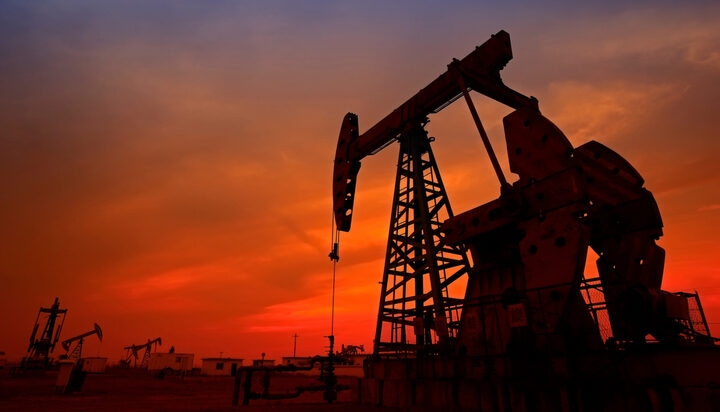Net zero will fail if oil-producing countries are not on side.
That is the verdict of a new article published in partnership by the Deputy Prime Minister of Iraq, Ali Allawi and Executive Director of the International Energy Agency (IEA), Fatih Birol.
The article argues that countries in the Middle East and North Africa (MENA) are heavily exposed to the impacts of global warming; not only experiencing extreme heat waves but also a heavy shift to clean energy, which could lead to the main source of income, fossil fuel extraction, becoming void.
Therefore, the current acceleration towards net zero emissions not only looks to cripple these countries’ economies but also their geopolitical voice.
The two authors argue a more sustainable world is only achievable with the entire Globe involved and that more must be done to help decarbonise worldwide oil producers.
The IEA stated in its roadmap to net zero that the global demand for oil will need to deplete from 90 million barrels per day to less than 25 million by 2050, which it estimates would result in a 75% drop in net revenues for these economies.
It argues that global instability and poverty would increase rapidly if the needs of countries in MENA are not incorporated into the energy transition.
According to the report, poverty rates in Iraq doubled in 2020, as the pandemic caused the prices of oil to nosedive with no demand.
The authors claim that not only will the livelihoods of people hang on the thread of a volatile market but also that oil and gas production in Iraq accounts for 40% of its greenhouse gas emissions and therefore if it is not brought on side in the energy transition reaching net zero emissions will be impossible.
The report claims if more investment is made in these countries’ energy efficient industries more jobs will also be created for the younger generations and stop them falling behind the rest of the world.
It also points to the fact that MENA countries can produce much more solar power than European countries, with Iraq getting up to 60% more direct energy from the Sun than Germany. It claims if this untapped power is taken advantage of, the entire world could reap the renewable benefits.
The report concludes: “Countries such as Iraq cannot make the transition to clean energy alone. If they are to bring together the financial resources, expertise and policies to transform their economies in an equitable, affordable way, they will need international support.
“Otherwise, the path to net zero and the security of the world’s energy markets will both be imperilled.”






